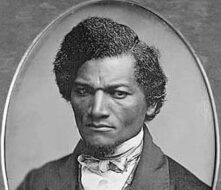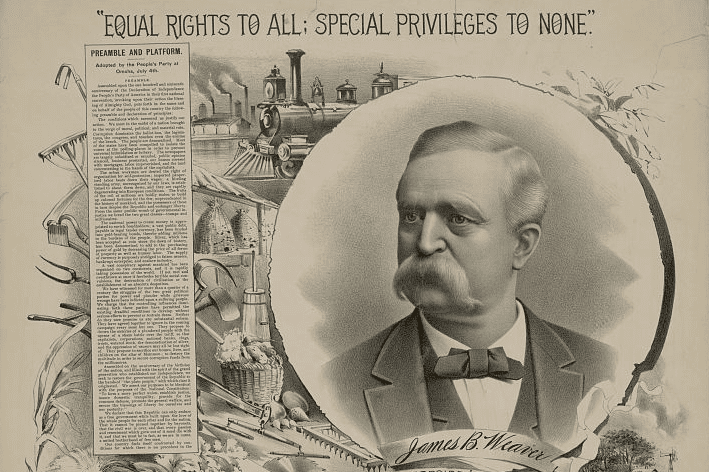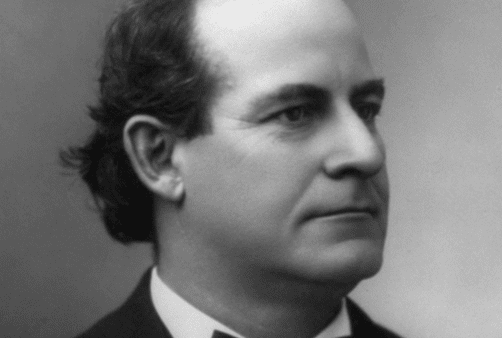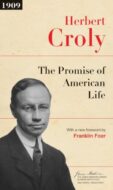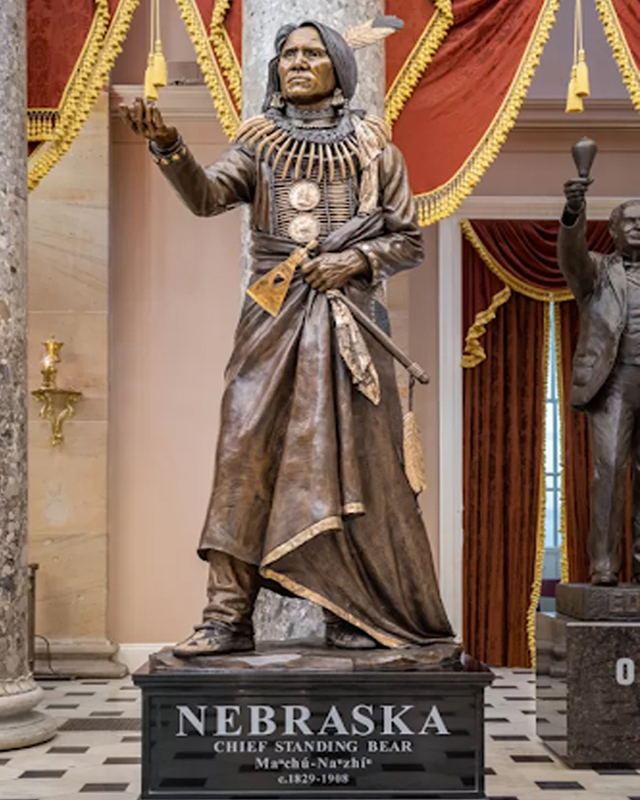
No related resources
Introduction
Ponca chief Standing Bear (c. 1829–1908) is best remembered as the first Indian to win a civil rights victory in U.S. federal court. In 1877 the Ponca were removed from their homelands in Nebraska to Indian Territory (present-day Oklahoma). Inadequate preparations had been made for them, and they arrived too late to plant a crop. By the end of the winter nearly a third of them had died from starvation and disease. Standing Bear’s son was among the dead.
In the spring of 1878, Standing Bear and a small group of followers set out to walk back to Nebraska, where he had promised to bury his son. Upon their arrival in Nebraska, Gen. George Crook (1828–1890) was instructed to arrest them and return them immediately to Indian Territory, although at this time in the midst of a long career contending with and fighting Indians, Crook was not unsympathetic to them. He was touched by the Poncas’ story and delayed returning him to Indian Territory. With the help of newspaperman Thomas Tibbles (1840–1928), he secured legal counsel for Standing Bear and his followers. With Crook as a “friendly” defendant, Standing Bear sued for a writ of habeas corpus.
Habeas corpus, our oldest writ in the law, permits anyone who believes they are being detained unlawfully to seek redress in court. It is the only right in the Constitution proper and not in the Bill of Rights. It is open not only to citizens but to any person. Standing Bear’s case depended on whether he was a “person” under the law. Standing Bear attended the proceedings and followed them with the help of an interpreter. At the end of the trial, he asked to address the court. An account of his remarks (note the similarity to Shylock’s soliloquy in Shakespeare’s The Merchant of Venice) and an excerpt of the judge’s ruling are below. Standing Bear was ordered released, and he lived out his days in his Nebraska home.
Joe Starita, “The Case of Standing Bear: Establishing Personhood under the Law,” Court Review: Journal of the American Judges Association 45 (2009): 4–11; https://casetext.com/case/us-ex-rel-standing-bear-v-crook.
Standing Bear’s Statement
When he got to the front [of the court], he stopped and faced the audience and extended his right hand, holding it still for a long time. After a while, it is said, he turned to the bench and began to speak in a low voice, his words conveyed to the judge and the large crowd by the interpreter.
“That hand is not the color of yours, but if I pierce it, I shall feel pain. If you pierce your hands, you also feel pain. The blood that will flow from mine will be of the same color as yours. I am a man. The same God made us both.”
Then he turned and faced the audience, pausing for a moment, staring in silence out a courtroom window, describing after a time what he saw when he looked outside.
“I seem to stand on the bank of a river. My wife and little girl are beside me. In front, the river is wide and impassable.” Standing Bear sees there are steep cliffs all around, and the waters are rising rapidly. At last, he sees a path to safety. “I turn to my wife and child with a shout that we are saved. We will return to the swift running water that pours down between the green islands. There are the graves of my fathers.” So they hurriedly climb the path, getting closer and closer to safety, the waters rushing in behind them.” But a man bars the passage. . . .If he says that I cannot pass, I cannot. The long struggle will have been in vain. . . . My wife and child and I must return and sink beneath the flood. We are weak and faint and sick. I cannot fight.”
He stopped and turned, facing the judge, speaking softly. “You are that man.”. . .
Opinion of the Court
During the fifteen years in which I have been engaged in administering the laws of my country, I have never been called upon to hear or decide a case that appealed so strongly to my sympathy as the one now under consideration. On the one side, we have a few of the remnants of a once numerous and powerful, but now weak, insignificant, unlettered, and generally despised race; on the other, we have the representative of one of the most powerful, most enlightened, and most Christianized nations of modern times. On the one side, we have the representatives of this wasted race coming into this national tribunal of ours, asking for justice and liberty to enable them to adopt our boasted civilization, and to pursue the arts of peace, which have made us great and happy as a nation; on the other side, we have this magnificent, if not magnanimous, government, resisting this application with the determination of sending these people back to the country which is to them less desirable than perpetual imprisonment in their own native land. But I think it is creditable to the heart and mind of the brave and distinguished officer1 who is made respondent herein to say that he has no sort of sympathy in the business in which he is forced by his position to bear a part so conspicuous; and, so far as I am individually concerned, I think it not improper to say that, if the strongest possible sympathy could give the relators2 title to freedom, they would have been restored to liberty the moment the arguments in their behalf were closed. No examination or further thought would then have been necessary or expedient. But in a country where liberty is regulated by law, something more satisfactory and enduring than mere sympathy must furnish and constitute the rule and basis of judicial action. It follows that this case must be examined and decided on principles of law, and that unless the relators are entitled to their discharge under the Constitution or laws of the United States, or some treaty made pursuant thereto, they must be remanded to the custody of the officer who caused their arrest, to be returned to the Indian Territory, which they left without the consent of the government. . . .
. . .It must be borne in mind that the habeas corpus act describes applicants for the writ as “persons,” or “parties,” who may be entitled thereto. It nowhere describes them as “citizens,” nor is citizenship in any way or place made a qualification for suing out the writ, and, in the absence of express provision or necessary implication which would require the interpretation contended for by the district attorney, I should not feel justified in giving the words “person” and “party” such a narrow construction. The most natural, and therefore most reasonable, way is to attach the same meaning to words and phrases when found in a statute that is attached to them when and where found in general use. If we do so in this instance, then the question cannot be open to serious doubt. Webster describes a person as “a living soul; a self-conscious being; a moral agent; especially a living human being; a man, woman, or child; an individual of the human race.” This is comprehensive enough, it would seem, to include even an Indian. In defining certain generic terms, the first section of the Revised Statutes, declares that the word “person” includes copartnerships and corporations. On the whole, it seems to me quite evident that the comprehensive language used in this section is intended to apply to all mankind—as well the relators as the more favored white race. This will be doing no violence to language, or to the spirit or letter of the law, nor to the intention, as it is believed, of the law-making power of the government. I must hold, then, that Indians, and consequently the relators, are “persons,” such as are described by and included within the laws before quoted. . . .
The reasoning advanced in support of my views, leads me to conclude:
- That an Indian is a “person” within the meaning of the laws of the United States, and has, therefore, the right to sue out a writ of habeas corpus in a federal court, or before a federal judge, in all cases where he may be confined or in custody under color of authority of the United States, or where he is restrained of liberty in violation of the Constitution or laws of the United States.
- That General George Crook, the respondent, being commander of the military department of the Platte, has the custody of the relators, under color of authority of the United States, and in violation of the laws thereof.
- That no rightful authority exists for removing by force any of the relators to the Indian Territory, as the respondent has been directed to do.
- That the Indians possess the inherent right of expatriation, as well as the more fortunate white race, and have the inalienable right to “life, liberty, and the pursuit of happiness,” so long as they obey the laws and do not trepass on forbidden ground. And,
- Being restrained of liberty under color of authority of the United States, and in violation of the laws thereof, the relators must be discharged from custody, and it is so ordered.
Ordered accordingly.
Annual Message to Congress (1879)
December 01, 1879
Conversation-based seminars for collegial PD, one-day and multi-day seminars, graduate credit seminars (MA degree), online and in-person.


















